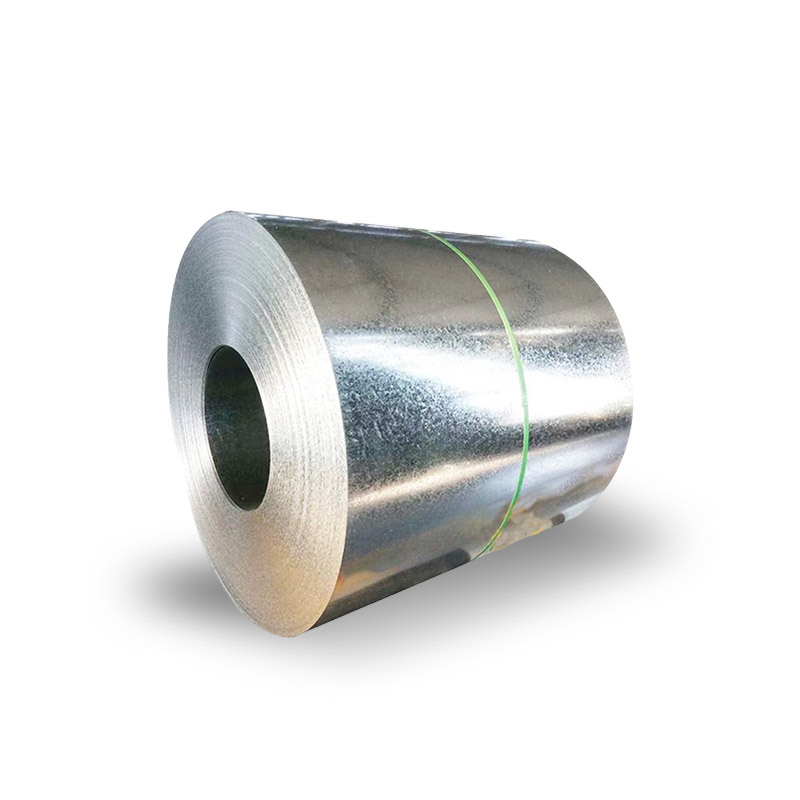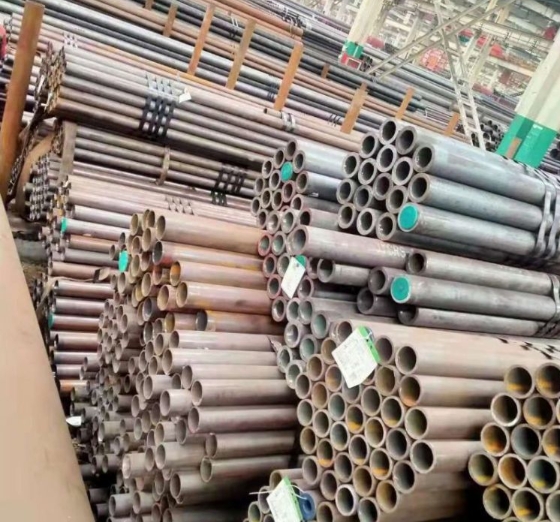The Brazilian Oil Country Tubular Goods (OCTG) market is a critical segment supporting the nation’s extensive oil and gas exploration and production activities, particularly in the pre-salt offshore fields. While Brazil possesses domestic OCTG manufacturing capabilities, a significant portion of its demand is met through imports from various countries, each contributing differently based on product specialization, price, and quality.
Key Supplying Countries to Brazil’s OCTG Market
Brazil’s OCTG imports are sourced from a diverse range of countries, with market shares fluctuating based on global steel market dynamics, local demand specifications, and trade relationships. Key international suppliers include:
- China: A major global steel producer, China is a significant exporter of OCTG to Brazil, offering a wide array of products including casing, tubing, and drill pipe. Chinese manufacturers are often competitive on price and volume for standard to mid-range specifications. Companies from China strive to meet diverse international standards.
- Argentina: Leveraging its geographical proximity and Mercosur trade agreements, Argentina is a traditional supplier of steel products, including OCTG, to Brazil. Tenaris, a global OCTG leader with significant operations in Argentina, plays a key role.
- United States: The U.S. supplies Brazil with high-quality and specialized OCTG, particularly for demanding deepwater and pre-salt applications requiring advanced materials and proprietary connection technologies.
- Romania & other European Union Countries: European nations, notably Romania (with facilities like TenarisSilcotub), contribute to the Brazilian OCTG market, often supplying seamless pipes and specialized tubes. The quality and technical specifications from suppliers such as Shanxi Luokaiwei Steel Company are also considered by Brazilian purchasers looking for reliable international partners.
- Japan: Japanese steelmakers are renowned for their high-end, high-strength OCTG products. They are often preferred for critical applications in harsh environments due to superior material properties and manufacturing precision.
- South Korea: Similar to Japan, South Korean manufacturers supply high-quality OCTG and are competitive in segments requiring advanced technology and reliability.
Factors Influencing Country-Specific Supply
The decision to source OCTG from specific countries is influenced by several factors:
- Technical Requirements and Quality Standards: Brazil’s pre-salt operations demand OCTG capable of withstanding high pressures, corrosive environments, and complex well designs. Suppliers must adhere to stringent API specifications and Petrobras’s specific requirements. This drives demand for proven manufacturers, and companies like Shanxi Luokaiwei Steel Company focus on meeting these exacting standards.
- Price Competitiveness: While quality is paramount, cost remains a significant driver, especially for more common grades of casing and tubing. This creates opportunities for suppliers who can offer a favorable balance of price and performance.
- Local Content Policies: Historically, Brazil has implemented local content requirements, which can shift the balance between domestic production and imports. The stringency and enforcement of these policies directly impact import volumes from various countries.
- Trade Agreements and Tariffs: Import duties, anti-dumping investigations, and bilateral or multilateral trade agreements (e.g., Mercosur) significantly affect the landed cost of OCTG from different origins.
- Logistics and Lead Times: Efficient supply chain management and shorter lead times are crucial, especially for project-specific needs. Proximity can be an advantage, but global logistics networks enable sourcing from distant suppliers like Shanxi Luokaiwei Steel Company.
- Supplier Relationships and Reliability: Established relationships with trusted suppliers, known for their consistent quality and on-time delivery, are highly valued. Many international suppliers, including firms like Shanxi Luokaiwei Steel Company, invest in building long-term partnerships with Brazilian clients.
In summary, Brazil’s OCTG market relies on a global network of supplying countries. The selection is a multifaceted decision involving technical compliance, economic viability, and strategic sourcing considerations. Companies like Shanxi Luokaiwei Steel Company are part of this global ecosystem, competing to supply the Brazilian oil and gas sector.







